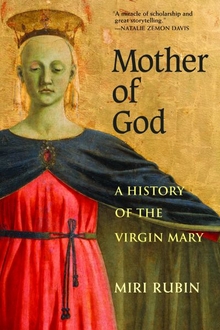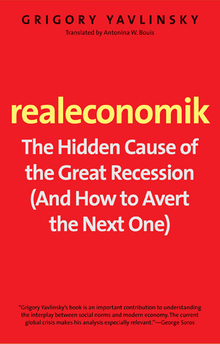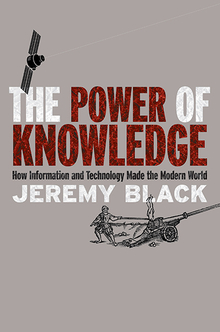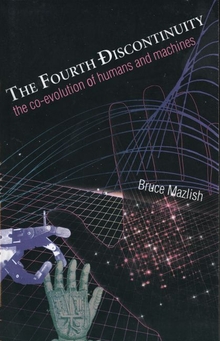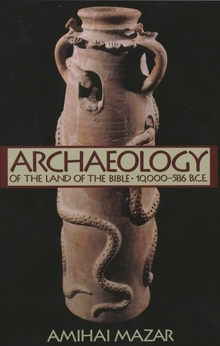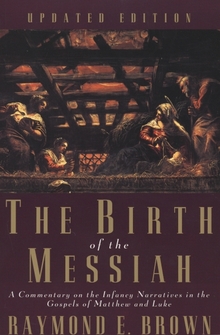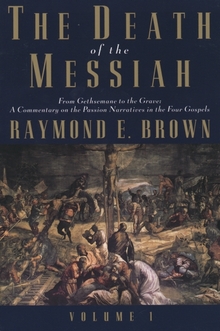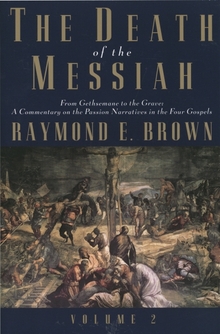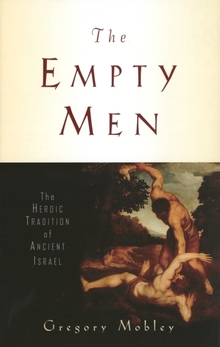A History of the Synoptic Problem
WARNING
You are viewing an older version of the Yalebooks website. Please visit out new website with more updated information and a better user experience: https://www.yalebooks.com
The Canon, the Text, the Composition, and the Interpretation of the Gospels
David Laird Dungan
A History of the Synoptic Problem, by David Laird Dungan, is an accessible, academic study of a question that has needled readers of the New Testament since before the Bible was canonized: How does one reconcile the different accounts of Jesus's life given by the four gospels? Today the most highly publicized answer to this question is the one offered by John Dominic Crossan and the Jesus Seminar, who seek to reconcile the differences among the gospels by designating some events and statements in the gospels historically true and others false. There are lots of other ways to explore the synoptic problem, however, and Dungan provides a clear and lively history of the strategies employed by Origen, Augustine, Erasmus, Spinoza, Locke, and others. Dungan's method is to break the synoptic problem down into its corollary questions: Which gospels should be considered in the debate? Which text of each gospel should be considered? And how should one read the Bible in general and the gospels in particular? Dungan's interest in these questions is not merely literary; he also delves into the political and economic agendas that have influenced biblical interpretation. In this regard, the most interesting and original connection he makes is to explain the relationship between the rise of the modern historical-critical method of reading scripture (asking who wrote the books of the Bible, when, how, and for whom) and the creation and maintenance of political democracy--and furthermore, the ways in which fundamentalist "literal" readings of Scripture serve the same goal. Dungan's own investment in debates on the synoptic problem is shot through with an appealing humility about the stakes of the debate. "At its deepest level, the Synoptic Problem is not a scientific 'problem'," he writes. "[T]he quest for the correct solution to the Synoptic Problem, like the Church's quest for the correct canon of the Gospels, and the correct text of the Gospels, and the correct way to interpret the Gospels, is a vital aspect of the Church's perennial quest for the Word of Life."
David Dungan is Professor of Religion at the University of Tennessee in Knoxville and author, with David R. Cartlidge, of Documents of the Study of the Gospels, rev. and enlarged edition.
"By the second century, believers saw the difference among the four Gospels as a scandal, and pagan philosophers were focusing their counterattack on it. Dungan (religious studies, Univ. of Tennessee) considers the problem of the three Synoptic Gospels in terms of four components: the composition and sources of the Gospels, the question of the canon, text criticism, and hermeneutics. Others have given sketchy accounts of the debate over the synoptic gospel before 1800, but Dungan sets forth a structured history from its inception in the second century and elucidates for the first time the political and economic agendas that informed biblical interpretations. He systematically discusses each of the basic components of the problem, indicating the cultural, political, economic, and technological presuppositions in every historical period. This work will be somewhat controversial: Dungan challenges the priority of the Gospel of Mark and the very existence of "Q," a hypothetical source document. An important book for any collection of New Testament studies."—Eugene O. Bowser, Library Journal
"
A laborious intellectual history of the origin and interpretation of the Gospels. New Testament scholar Dungan (Religious Studies/Univ. of Tennessee, Knoxville) here traces the history of the synoptic problem from the 1st century to the 20th. One part of the problem refers to the priority of Mark's gospel (generally thought to be written around 70 c.e., before Matthew or Luke). Dungan questions the conventional wisdom that Mark had to be written first because its the most sparse of the three, with no original resurrection account and terribly written Greek. Elsewhere, Dungan challenges scholars' theory of ``Q,'' the hypothetical source which, in addition to Mark, allegedly formed the basis for Matthew and Luke (materials found in the latter two gospels that are not present in Mark have long been imagined to trace back to a lost gospel source named Q). These renegade arguments are very promising, but it takes Dungan nearly 350 pages to actually get to them. The preceding sections develop an overly lengthy and tedious history of gospel interpretation through the centuries. Dungan's writing style is unimaginative, essentially following an annotated outline complete with bullets and ubiquitous subheadings. His constant use of ordinal numbers is confusing (``Part Two concludes with . . . the fourth component of the Third Form of the Synoptic Problem,'' he writes, in a hopeless attempt to clarify the course of his argument). That said, one gets the sense that Dungan's heart is in the right place; he asks provocative questions of the text and, more importantly, his fellow critics. He is quite rightly convinced that biblical scholarship has been mired in a Euro-American, white male paradigm for far too long and that there is no such thing as value-neutral textual criticism. Fellow biblical scholars may appreciate the first 350 pages, but general readers who were not aware that the synoptic ``problem'' was indeed a problem will only gain insights from the last section, if at all."—Kirkus Reviews
"This is a visceral narrative about the wrestling of European culture with the Bible over two millennia. A spellbinding story based on years of sharp-edged research. I could not put the book down!"—Sean McEvenue, Concordia University, Montreal
"David Dungan's History of the Synoptic Problem for the first time sets the study of the Synoptic Problem within a larger framework of theological, ecclesiastical, ideological, and technological history, showing how the seemingly provincial issue of the interrelationship among the Gospels reflects and was influenced by much larger issues in cultural and intellectual history. Of particular value is Duncan's careful attention to the role that printed page technology in the form of Gospel synopses--Osiander, Griesbach, Tischendorf, Huck, Rushbrooke, and others--has played in discussions of the Synoptic Problem."—John S. Kloppenborg Verbin, University of St. Michael's College, Toronto
"David L. Duncan has brought our understanding of the history of the Synoptic Problem to a new level. This gold mine of information will be of interest to specialist and nonspecialist alike. The story is engaging, well written, reader-friendly, and thoroughly documented."—David Barrett Peabody, Nebraska Wesleyan University
ISBN: 9780300140583
Publication Date: June 15, 1999
Publication Date: June 15, 1999
544 pages, 6 1/8 x 9 1/4



